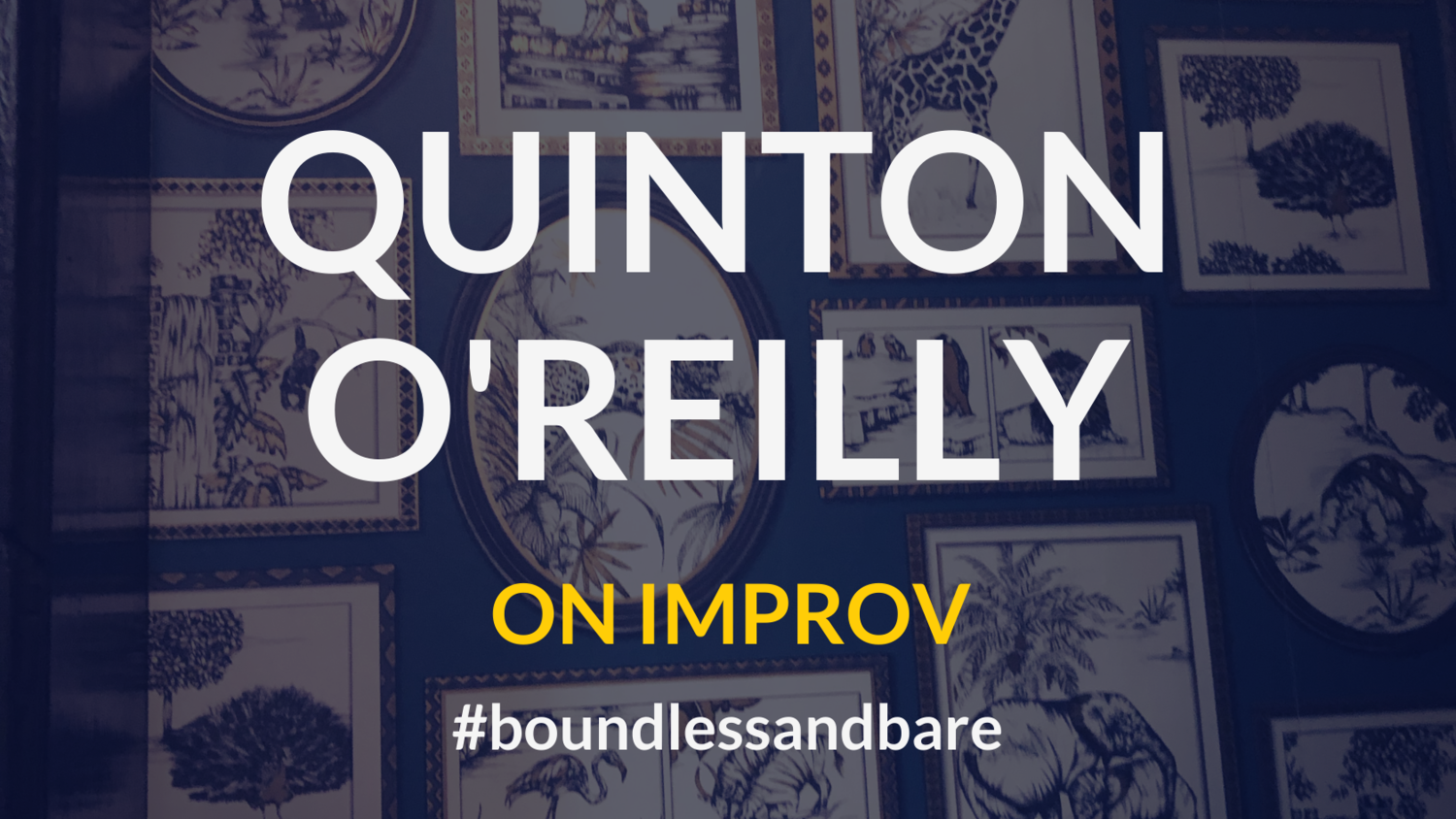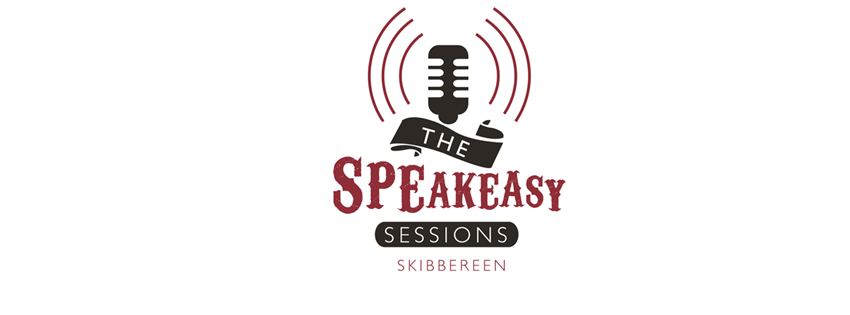The Quiet Revolution: Taking Control through Self-Publishing
It’s often been said that everyone’s got a book in them. But when you’ve managed to extract your story from the deepest fathoms of your mind and soul, where do you go from there?
Natasha Helen Crudden
There is a tsunami of talent sweeping over Ireland and, without pig-headed determination, dedication and a shrewd strategy, the first-time writer can be quickly washed overboard. In a land of saints and scholars, it’s a hard-fought battle to get your manuscript from the embers of your imagination to the “maybe” pile on the publisher’s desk. Ninety percent of manuscripts submitted don’t even make it that far.
I am a writer. I’ve been one ever since I first joined pen and paper to carve out my own distinctive mark that set me apart from everyone else. While I had been drafting tales of heroic protagonists out to save the world since early childhood, it was not until my teenage years that the story that would eventually form my first novel, Empire Evolution, began to form. The young adult fiction market at the time was just not cutting it for me – I wanted sophisticated writing, suspenseful cliffhangers and an escape from tedious cliché. I felt that there was a niche in the market for the 16 – 22-year-old reader that was just not being served. Thus, I wrote the book that I wanted to read.
This revelation opened a door for me that I didn’t know existed, and suddenly, becoming a published author was possible.
While coming to the end of the first draft of Empire Evolution, I began studying Creative Writing at my local Institute of Technology, and it was here that I learned how to harness my passion and hone it into a skill. I began to edit on the basis that each single word must serve a purpose. The course also served as my reintroduction to poetry, which I had always adored reading, but until now, had not really considered tackling myself. After having my hand forced by my patient yet determined lecturer, I quickly took to it and became hooked. I worked on my novel and wrote poetry simultaneously and found that I had a full collection ready for release within months.
Suddenly, I found myself with two books, and no idea what to do with either. Empire Evolution was my priority and I work-shopped it around the clock until I felt ready to send it out into the universe. I drew from my list of publishing houses, hit “Send” and waited.
I grew despondent and was rapidly losing hope, until a member of the writers’ group I was part of introduced me to the concept of self-publishing.
The next several months were agonising. My inbox overflowed with rejection after rejection and as close as I came, it was never close enough to ticking the boxes of what traditional publishing houses wanted. I grew despondent and was rapidly losing hope, until a member of the writers’ group I was part of introduced me to the concept of self-publishing.
This revelation opened a door for me that I didn’t know existed, and suddenly, becoming a published author was possible. Upon researching my options, I was drawn to the Amazon Createspace Direct Publishing platform (now Amazon Direct Publishing), where I could upload my manuscript, manufacture physical books and have them distributed globally.
The form of self-publishing is becoming increasingly popular among writers, particularly spoken-word artists, and the benefits are undeniable.
I now have three self-published titles through Createspace, which has since rebranded to Amazon Direct Publishing; a poetry book titled Barbed-Wire Cage (2013), my young adult action/adventure novel Empire Evolution (2014) and my second poetry collection Ctrl/Alt/Delete (2018). I hope to continue working with them for many books to come!
The form of self-publishing is becoming increasingly popular among writers, particularly spoken-word artists, and the benefits are undeniable. Traditional publishing houses largely don’t see a market for poetry, and thus spoken word artists’ chances of publication are far slimmer than that of fiction writers. Self-publishing puts the power into the hands of the writer to launch their work into the wider world without relying on the mercy of a publishing house to decide that, out of the thousands of manuscripts crossing their desks, that this is the one worth taking a chance on.
Another benefit of self-publishing is the complete creative control that the author has over each aspect of the finished book, without the risk of editors making covert changes to the manuscript. Authenticity is key in the spoken word community in particular and the idea that corporate editors out to make a buck have the power to change their art is something that would cause many a spoken word artist to break out in a cold sweat. That authenticity and integrity is preserved by the self-publishing process and there are no nasty surprises when the finished book hits shelves! In addition, you retain all copyright of your own work without having to relinquish control to third parties.
As more and more people harness their talent to pursue their talent on the spoken word scene, placing a fiscal value on poetry can be a touchy subject. The bottom line, however, is that spoken word poets are providing listeners with an emotional experience that they deserve to be paid for. Having a chapbook or collection to sell at open mics and shows is an extremely important promotional tool and allows poets to create something physical that they can sell, giving monetary value to their work. The earnings from traditionally published books, however, are divvied among many different people before finally reaching the author, who typically receives quite a paltry cut. Unless your book deal is in the hundreds of thousands, it’s often not financially viable for a writer to become a full-time author. Take the example of Donal Ryan, best-selling, award-winning author of the Spinning Heart, who was forced to return to his public sector job. Fiction typically outsells poetry on the modern-day bookshelf, as a rule, and thus you can imagine the pittance that a poet might pocket from a standard book deal with a publishing house. 100% of the profits from self-publishing end up with the author – the only overhead is the order of the copies – and if you are a shrewd marketer, self-publishing is the more financially viable option.
As with everything, there are pros and cons to self-publishing, the main drawback being the heavy workload of being an author, editor and content creator, though I believe that the positives far outweigh the negatives. Gone are the days when an author would spend years begging publishing houses to take even a glance at their manuscript. Self-publishing gives writers the means to reach their audience directly and take full control over both their art and their earning power. I have heard self-publication described as a “quiet revolution” and I agree wholeheartedly with this description. Self-publication shifts the power back to where it should be - in the hands of the writer.
Written by Natasha Helen Crudden








